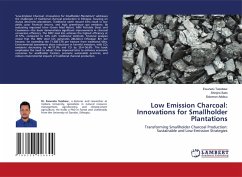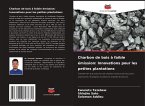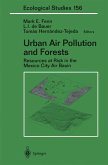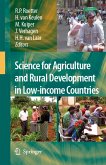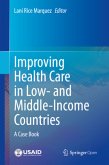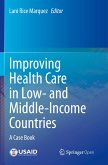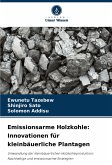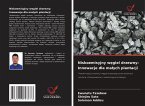"Low-Emission Charcoal: Innovations for Smallholder Plantations" addresses the challenges of traditional charcoal production in Ethiopia, focusing on Acacia decurrens plantations. Traditional earth mound kilns result in low yields, poor financial returns, and high greenhouse gas emissions. By evaluating improved kilns-Green Mad Retort, MRV Portable Steel, and Casamance-the book demonstrates significant improvements in charcoal conversion efficiency. The MRV steel kiln achieves the highest efficiency at 41.57%, compared to 24% with traditional methods. Financial analyses reveal that the MRV steel kiln generates 284,824.4 Ethiopian Birr per hectare, far exceeding the 71,580 ETB per hectare from traditional kilns. Environmental assessments show reductions in harmful emissions, with CO2 emissions decreasing by 46-57.9% and CO by 29.4-56.6%. The book emphasizes the need to adopt these improved kilns to enhance economic outcomes for smallholder farmers, promote sustainable practices, and reduce environmental impacts of traditional charcoal production.
Bitte wählen Sie Ihr Anliegen aus.
Rechnungen
Retourenschein anfordern
Bestellstatus
Storno

